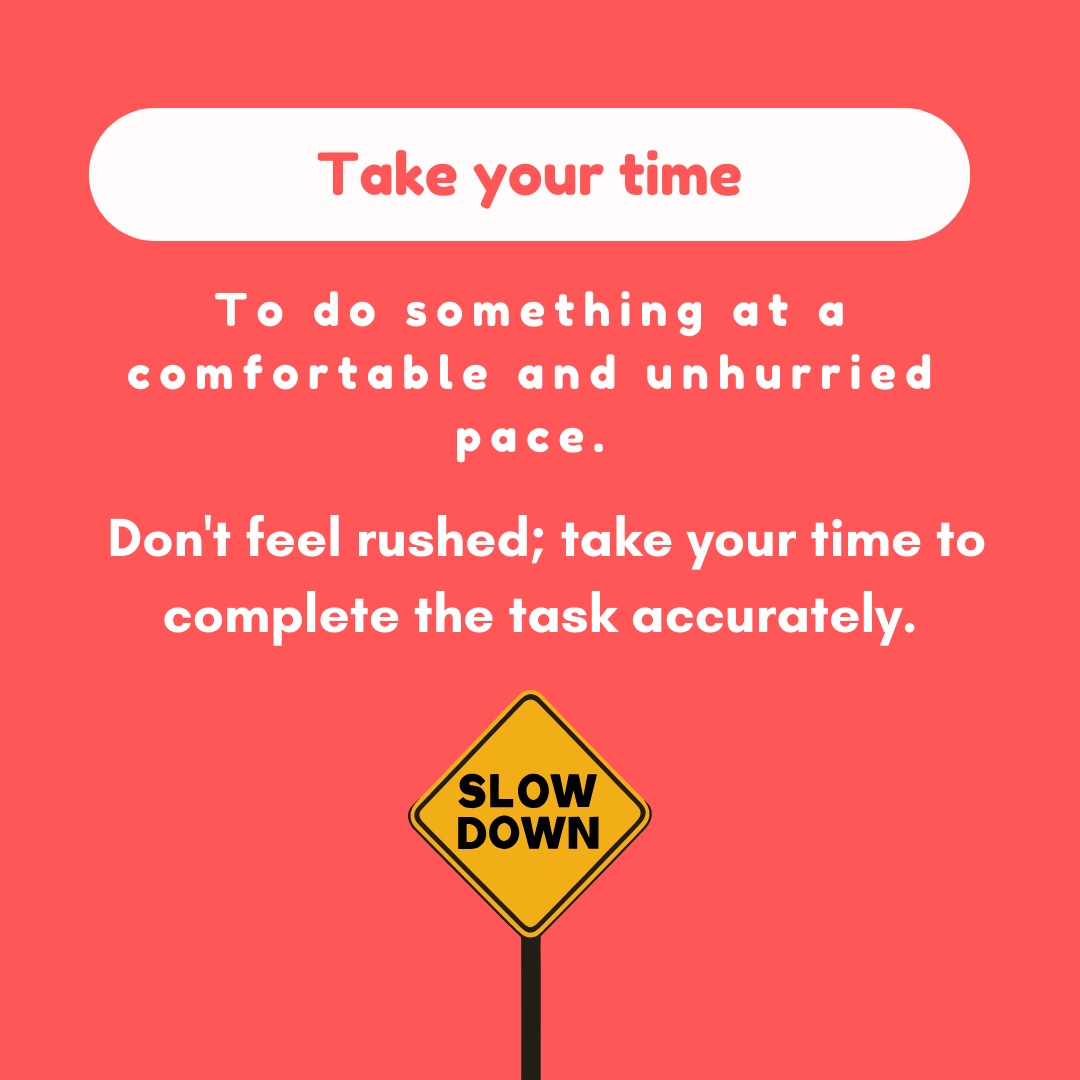Talking about time in English - Essential Phrases for EFL Students.
Time is a universal concept, and mastering the vocabulary associated with it is crucial for effective communication in any language. For English students, understanding expressions related to time can greatly enhance your ability to express yourself in various situations. In this blog post, we'll explore and explain some common time-related phrases that you're likely to encounter in everyday conversations.
To Run Out of Time
Have you ever found yourself with too much to do and too little time? That's when you run out of time. This phrase is often used when you don't have enough time to complete a task or meet a deadline. For example, "I ran out of time to finish my homework."
To Be Running Late
Being punctual is an important aspect of effective communication. If you're running late, it means you're not on time or behind schedule. You might say, "I'm running late for the meeting; please start without me."
Time Flies
Time seems to pass quickly when you're enjoying yourself or are busy with something interesting. Saying "time flies" acknowledges the rapid passing of time. For instance, "We had so much fun at the party; time really flew!"
In the Nick of Time
Imagine narrowly avoiding being late or missing an opportunity. That's when you do something in the nick of time. For example, "I finished my presentation in the nick of time before the conference started."
The Last Minute
Procrastination often leads to completing tasks at the last minute. Saying "at the last minute" means doing something just before it's too late. "I submitted my essay at the last minute, but luckily it was still accepted."
To Have All the Time in the World
This phrase is the opposite of feeling rushed or stressed. When you have all the time in the world, there's no need to hurry. For instance, "I can relax and enjoy my holiday; I have all the time in the world."
To Be Short of Time
If you're short of time, it means you don't have enough time to do everything you need to do. "I'm short of time today, so let's schedule our meeting for tomorrow."
Take Your Time
This is an encouraging phrase, often used when someone is not in a hurry and can proceed at their own pace. For example, "You can take your time to decide; there's no rush."
Mastering these time-related phrases will not only improve your English language skills but also help you navigate various social and professional situations. Time is a valuable resource, and expressing yourself effectively in time-related scenarios is an essential skill for successful communication. Practice using these phrases in your daily conversations, and you'll find yourself expressing ideas about time with confidence in no time!









